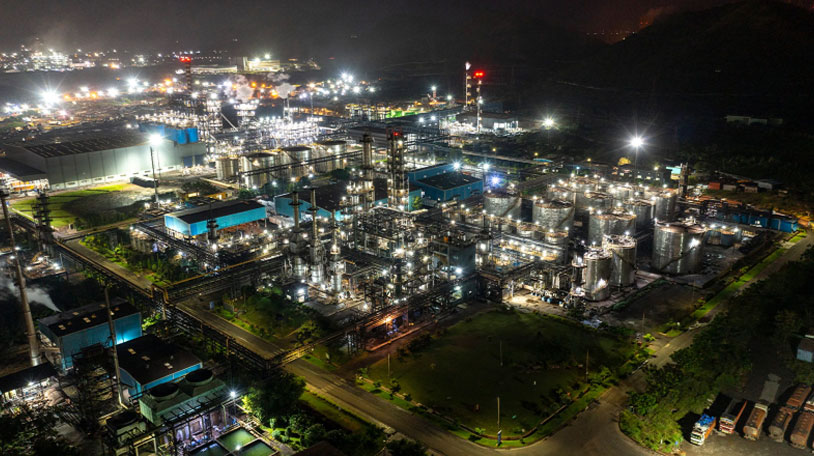Epsilon Group, India’s premier battery materials manufacturer, announced this week it has signed an agreement to acquire Johnson Matthey’s lithium-ion phosphate (LFP) cathode active material technology centre in Moosburg, Germany. Financial details of the acquisition remain undisclosed.
“The state-of-the-art facility boasts best-in-class technical capabilities and a workforce with expertise in LFP chemistry, comprehensive product and process development capabilities, and a versatile customer qualification plant designed to verify new materials for large-scale production,” stated the company.
The acquisition allows Epsilon to go to market with a proven high-performance cathode active material produced at scale.
“At Epsilon, we envision a world galvanized by sustainable energy alternatives,” said Vikram Handa, managing director of Epsilon Group. “Our advancement in anode research and manufacturing was a first step, and this acquisition underscores our commitment to serving our global clientele with sustainable and reliable material.”
Strategic advantages
The Moosburg research and development (R&D) center’s strategic location will allow Epsilon to tap into the European battery material’s talent pool and to cater to its global clientele. By leveraging the existing infrastructure and capabilities of the Moosburg facility, Epsilon aims to significantly reduce the technology development and scale-up timeframe.
This acquisition serves as a catalyst for Epsilon’s ambitious plans to eventually cater to 100 GWh of demands. In alignment with its vision, Epsilon has previously announced a $1.1 billion investment in the establishment of a 100,000-ton cathode battery materials manufacturing facility in Bellari, Karnataka, India, with subsequent expansions in Europe. Epsilon also has plans for a $650 million manufacturing facility in the USA.
The global electric vehicle market, valued at $380 billion in 2022, is projected to soar to $1.5 trillion by 2030, according to Fortune Business Insights. Cathode materials are pivotal to this growth trajectory. Benchmark’s report further underscores the urgency, indicating a need for $40 billion in cathode materials production investments to bridge the gap between the current supply and anticipated demand by 2030.
This content is protected by copyright and may not be reused. If you want to cooperate with us and would like to reuse some of our content, please contact: editors@pv-magazine.com.









By submitting this form you agree to pv magazine using your data for the purposes of publishing your comment.
Your personal data will only be disclosed or otherwise transmitted to third parties for the purposes of spam filtering or if this is necessary for technical maintenance of the website. Any other transfer to third parties will not take place unless this is justified on the basis of applicable data protection regulations or if pv magazine is legally obliged to do so.
You may revoke this consent at any time with effect for the future, in which case your personal data will be deleted immediately. Otherwise, your data will be deleted if pv magazine has processed your request or the purpose of data storage is fulfilled.
Further information on data privacy can be found in our Data Protection Policy.